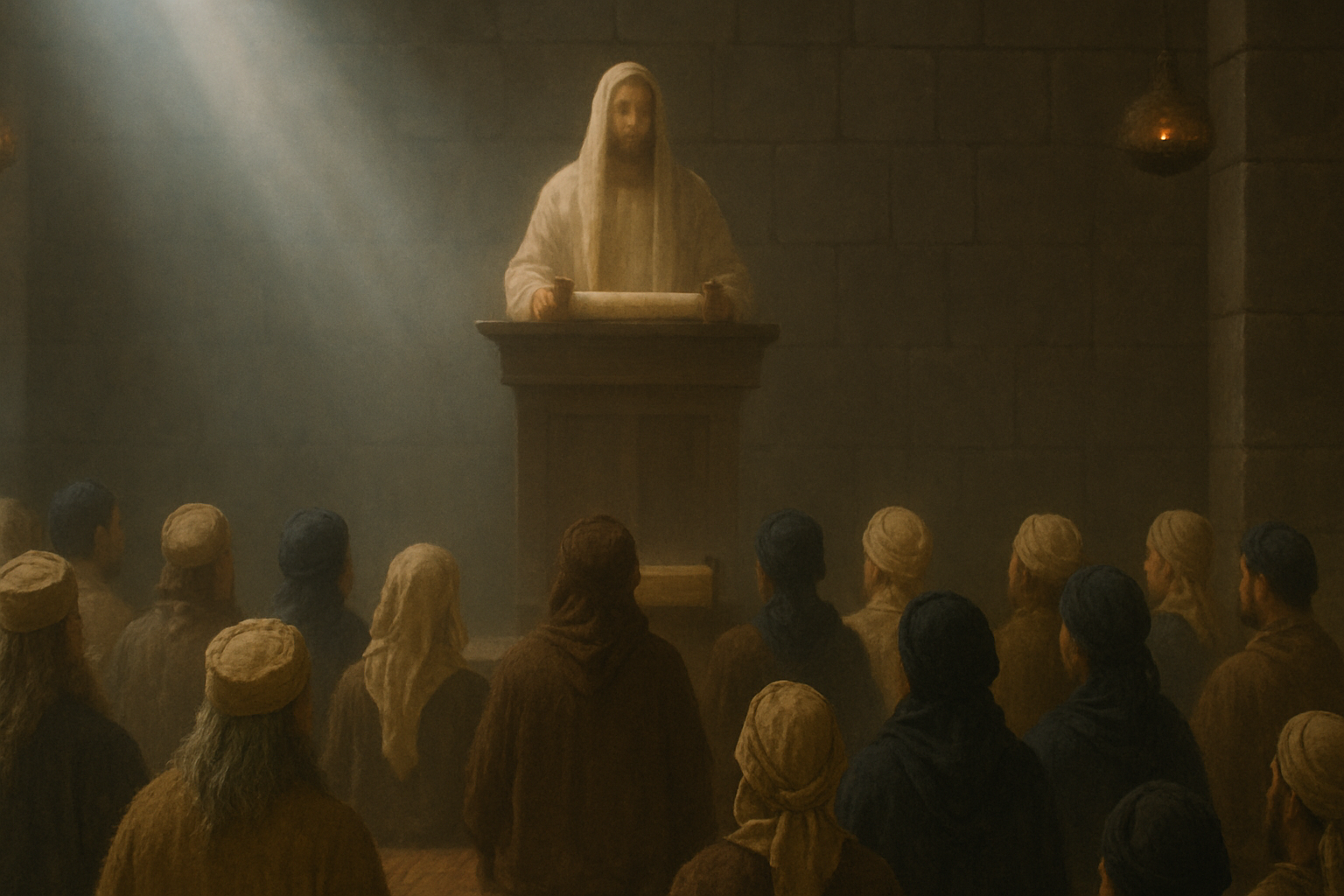This study demonstrates that Luke presents the earliest followers of Jesus as steadfast Sabbath observers, challenging the common assumption that they abandoned or disregarded this practice. By closely examining the references to the Sabbath in Luke’s Gospel and Acts, it is observed that Luke consistently depicts Sabbath worship as a standard practice among Jewish and Gentile believers. This portrayal suggests that the earliest followers of Jesus did not believe the Sabbath had been abrogated but saw it as integral to their faith and community life. These findings invite modern Christians to reconsider the relevance of Sabbath observance in their own spiritual lives. By highlighting the continuity between Judaism and the emerging Christian movement, this study contributes to scholarship on early Christian identity and practice, portraying the earliest followers of Jesus as a movement within Judaism.
Jesus Fulfilled the Torah: What Does That Mean?
Understanding Submission in Marriage (Ephesians 5)
“Wives, submit to your own husbands, as to the Lord” (Ephesians 5:22). If you just read that verse out loud, then you might hear a faint, high-pitched noise. That sound is every feminist worldwide shrieking about how Christianity oppresses women. But is this instruction in Ephesians really oppressive toward women?
Christ: Creator or Created?
Is Christ the Creator or was he created? The Trinity doctrine states that there is one God who exists eternally as Father, Son, and Holy Spirit. This article will demonstrate the biblical validity of this doctrine in regard to the Son. While Yeshua is fully man, the Bible teaches that he is also fully God.





